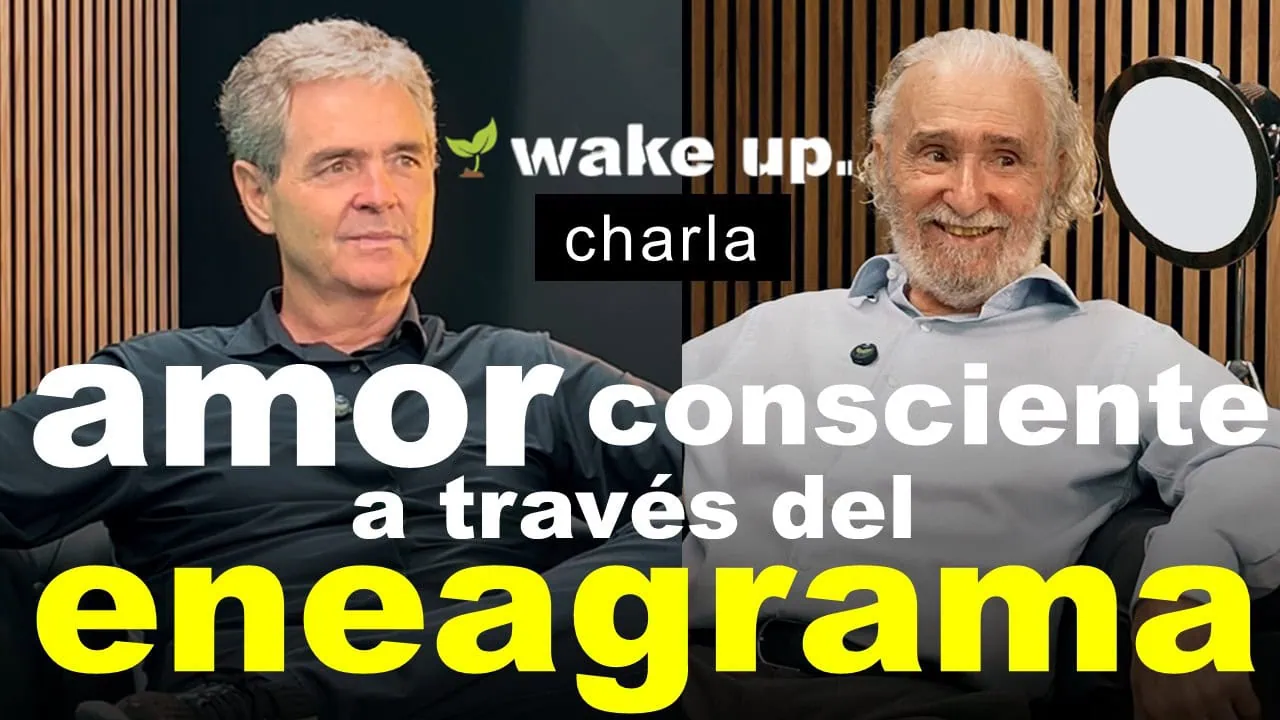
In this interview with Alejandro Guerra, founder of Wake Up, and Gustavo Diez, Director of the Nirakara Institute, we explore how meditation, from a neuroscience perspective, is linked to key concepts for understanding and managing suffering.
Meditation: A Path to Self-Knowledge and Relief from Suffering through Neuroscience
Meditation, an ancient practice rooted in diverse cultures and traditions, has captured the interest of the Western world not only as a method of relaxation, but also as a path to self-knowledge and mental health management. Endorsed by modern neuroscience, this ancient practice demonstrates its ability to transform our mind and body, providing an escape from daily chaos.
Understanding Meditation through Neuroscience
Neuroscience has begun to unlock the secrets of meditation through advanced technologies, demonstrating how this practice can alter the structure and function of the brain. Research indicates that meditation increases gray matter in areas linked to memory, empathy and stress reduction, which scientifically corroborates the benefits historically attributed to this discipline.
Meditation for Mental and Physical Health
Beyond its spiritual value, meditation is a fundamental ally in the fight against anxiety, stress and depression. By fostering a state of mindfulness, this ancient practice reconnects us with the present moment, lowering levels of cortisol, the stress hormone, and leading us to a state of tranquility and well-being.
Self-knowledge through Meditation
Meditation is a route to self-knowledge. It allows us to examine our thought patterns and emotions to identify the roots of our suffering. This introspective journey reveals our true motivations and allows us to know ourselves in depth, living more authentically.
A Challenge in Tranquility
Despite its advantages, initiating and sustaining a regular meditation practice can be challenging. The contemporary mind, accustomed to constant stimulation, may initially resist silence and calm. However, integrating meditation into our daily routine can provide a needed respite from the incessant activity and demands of our environment.
First Steps
If you are new to meditation but feel inspired to begin, it is best to proceed gradually. Start by devoting “a few minutes a day to meditation”. This usually involves sitting or lying down in a quiet place, relaxing and letting your thoughts flow without holding on to them, concentrating on your breathing.
You will undoubtedly find in meditation a solid guide to awareness. It is important, however, to be wary of those who may misleadingly market meditation as a simple technique or formula.
Don’t believe anything you just read, think for yourself.
Wake up
Wake up!









